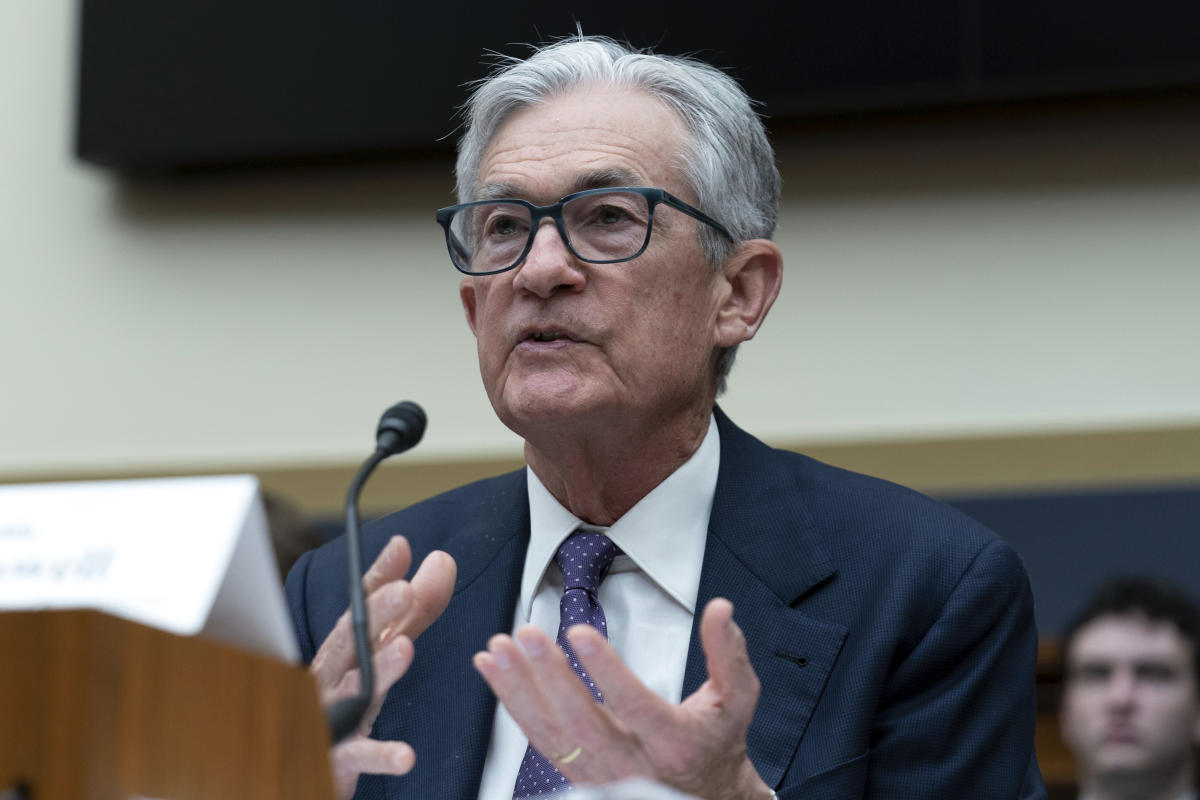The White House is tightening its control over how the Federal Reserve regulates big banks as part of a new executive order that gives President Donald Trump’s appointees more power over independent agencies.
But in doing so the new administration made it clear that monetary policy — the direction of interest rates — will remain under the Fed’s full control.
Rates are set by the Fed’s Federal Open Market Committee, which is composed of seven Fed governors based in Washington, D.C., and presidents of regional Fed banks spread across the country.
“This order shall not apply to the Board of Governors of the Federal Reserve System or to the Federal Open Market Committee in its conduct of monetary policy,” according to the order released Tuesday.
That language may help alleviate concerns that the White House could encroach on the long-held independence of the Fed when it comes to the question of whether rates should be raised or lowered.
But it does make it clear that another key Fed function — oversight of the country’s biggest banks — will now have a closer connection to the policies and priorities of the White House.
“This order shall apply to the Board of Governors of the Federal Reserve System only in connection with its conduct and authorities directly related to its supervision and regulation of financial institutions,” the order said.
Read more: How the Fed rate decision affects your bank accounts, loans, credit cards, and investments
Independent agencies — which would also include the Federal Communications Commission, the Securities and Exchange Commission, and the Federal Trade Commission — will now submit major regulations to the White House Office of Management and Budget, which is overseen by Russell Vought.
Vought will establish “performance standards and management objectives” for the heads of these agencies. He can also review and adjust budgets, which “may prohibit independent regulatory agencies from expending appropriations on particular activities, functions, projects, or objects.”
The tighter control over the Fed’s regulation of banks coincides with attempts by the Trump administration to rein in one big bank regulatory agency, the Consumer Financial Protection Bureau, and rethink how to restructure other big regulators that oversee the nation’s largest lenders.
Earlier this month, the Trump administration ordered effectively all work at the CFPB to halt. It is also reportedly discussing plans to consolidate other bank regulators without Congress’ input, according to a report in the Wall Street Journal. The discussions include possibly folding the FDIC into the Treasury Department and combining it with the Office of the Comptroller of the Currency.

